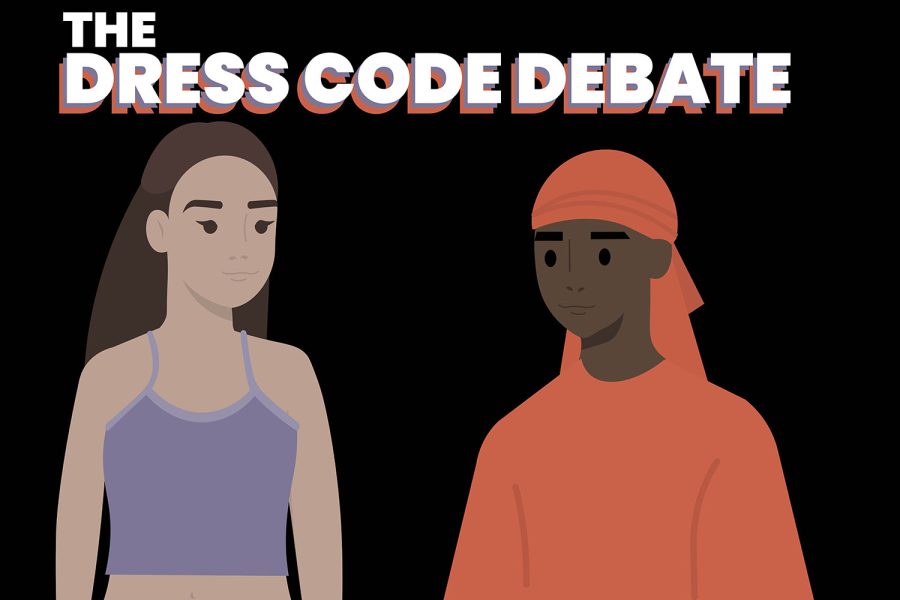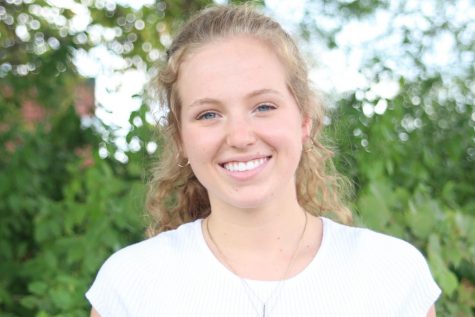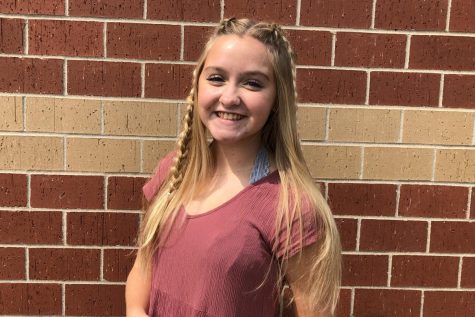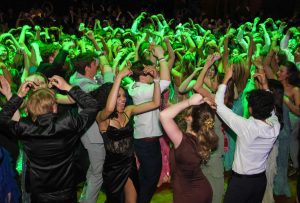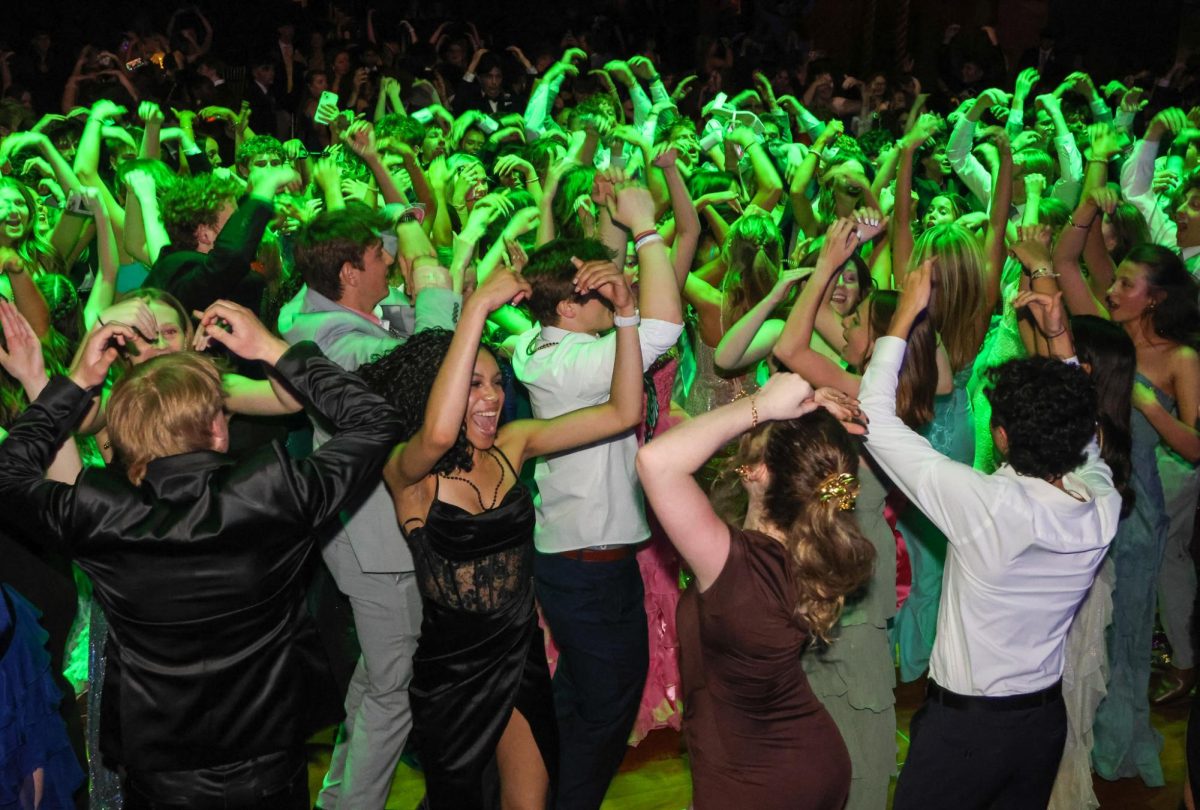School dress code causes controversy
While administration views the dress code as necessary to prepare students for professional settings, students feel that it is outdated and limits one’s ability to express themselves
February 16, 2022
“Put a jacket on,” an administrator says after looking at your outfit. That familiar pit in your stomach forms and your skin crawls as you rush out of the conversation. Now uncomfortable in your body, and a jacket now on your shoulders, you sulk back to class. Students at Mill Valley and all over the country have taken it upon themselves to challenge school dress codes and how they have been enforced.
According to Principal Dr. Gail Holder, the intent of the dress code is to create a professional learning environment for all and to avoid harassment from fellow students.
“Our student handbook outlines the appropriate wear for school, and what we’re trying to do is to set students up for success in the workforce. I think one of the things that we want to try to do is to create a space where students feel safe,” Holder said. “If a student is wearing something, whether it’s a male or a female, that is revealing body parts or sagging in some way, there is an opportunity for other students to bully or make comments to that student.”
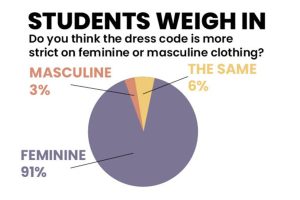 However, some students have differing opinions. Junior Baruch Hasabu felt that the dress code does protect students, but also that clothing should also be used as an outlet to represent one’s identity.
However, some students have differing opinions. Junior Baruch Hasabu felt that the dress code does protect students, but also that clothing should also be used as an outlet to represent one’s identity.
“I think the dress code is meant to keep people from wearing inappropriate stuff,” Hasabu said. “At the same time, I think that you should still be able to wear things that express who you are without getting you in trouble.”
Like Hasabu, junior Savannah Harvey believes that the dress code should allow students to express themselves. However, Harvey felt that the rules aren’t for the benefit of students, but are instead for the teachers. This negatively impacts the young girls who have to abide by the rules.
“My opinion on the dress code is that it’s made for teachers that don’t know how to control themselves if a part of a girl’s body is showing. I think girls should be able to wear whatever they want in order to express themselves,” Harvey said. “People find a way to sexualize certain parts of our bodies even though there’s nothing to actually sexualize. Girls do not dress for people, we dress for ourselves.”
Each grade level walked into the Performing Arts Center during the first month of school year to partake in the annual class meetings with administration. During the meetings, Holder reviewed the dress code outlined in the student handbook.
An article of clothing listed as prohibited was headwear, including an ethnic headpiece. This caused students like Harvey to be upset with the rule.
“The prohibition of durags is an issue with the dress code. Administration says it’s ‘gang affiliated,’ but it’s not. A durag is a silk scarf you put over your hair to maintain your natural hair to keep it healthy and to protect it from being damaged,” Harvey said. “A durag represents our Black culture and symbolizes our pride in our natural hair. I wish the school would take the time to actually study and fully understand the history behind the piece of headwear.”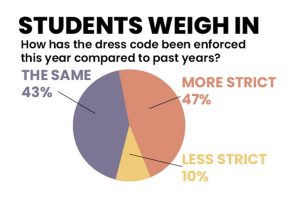
From an administrator’s view, students wearing any sort of head gear (with the exception of religious reasons) can create a safety hazard for students and teachers as Holder explains.
“In terms of headwear, the handbook says no headwear should be allowed. If you’re wearing headwear covering your entire head for fashion or for cosmetic reasons that would not be allowed. Religious headwear is certainly permitted,” Holder said. “Wearing headwear creates a sense of safety issues and makes it difficult if you’re trying to see if someone is a student from our building; since don’t require students in our building to wear their badges or their student IDs.”
Overall, students such as Hasabu and Harvey believe that the dress code rules should be modified in order to reflect modern times.
“There are some things on [the dress code] that I don’t agree with,” Hasabu said. “I think that the administration should look it over again, revise it and take certain rules out that don’t make sense in regards to the times that we’re living in now.”



